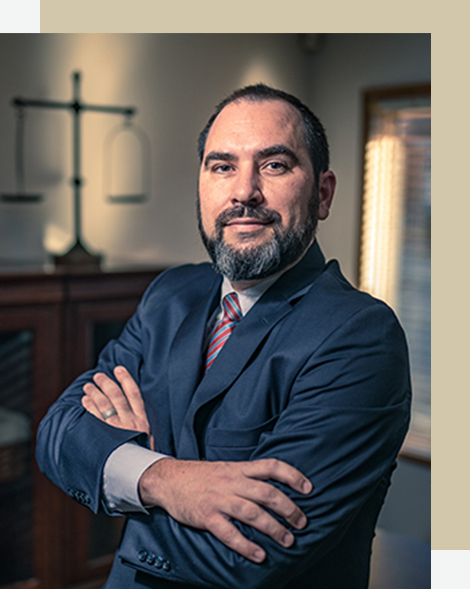
“How much will it cost to hire a lawyer?” Many people ask this when considering whether or not they can afford to hire a lawyer. The answer to the question is, “It depends.” There are different fee structures that law firms use, not to mention that the cost of hiring a lawyer also depends on the type of your case, your geographic location, the lawyer’s experience, and many other factors.
Below, we will help you understand the cost of hiring a lawyer and everything you need to know about the types of attorney fees.How Much Will a Lawyer Charge for the Legal Services?
There is no right answer to that question. If you are considering hiring a lawyer, you need to understand how much you can expect the lawyer to charge you for the legal services. However, estimating attorney fees is often a challenging task because there are many factors that influence the necessary legal services. First and foremost, the first thing a prospective client should ask a lawyer is what the law firm’s fee arrangement is. An experienced attorney can also provide a rough estimate of how much they will charge you for the legal services based on the details and complexity of your unique case. It is fair to say that legal services are not cheap, regardless of the type of your case and the fee structure. However, when thinking about how much you will spend on a lawyer, you also need to think about how the lawyer will help you achieve a favorable outcome in your case.What Is the Average Cost of Hiring a Lawyer?
There is no such thing as the average cost of legal services because attorney fees depend on:- Your geographic location (state and city)
- The reputation of the law firm
- The lawyer’s level of experience
- The lawyer’s track record for success
- The fee structure
- The type of your case (personal injury, criminal defense, family law, bankruptcy, etc.)
Lawyers’ Fee Structures
The vast majority of lawyers use one or a combination of these fee structures to charge clients for their legal services:- Retainer. A retainer is an advance payment that a lawyer keeps in a trust account. Lawyers can pay themselves out of the account when the client needs legal services. The client’s funds will be safe until the lawyer earns those funds and can withdraw them. A retainer is an attractive option for those who require legal services on a regular basis.
- Fixed (flat) fee. When a legal case does not involve any complex issue and is rather straightforward, a lawyer may charge a fixed or flat fee. Depending on the legal matter, the flat fee can range from $100 to thousands of dollars. As a rule of thumb, flat fees that you pay to a lawyer do not include filing fees and other legal fees associated with your legal case, which is why you might want to discuss what the fixed fee covers before hiring a lawyer.
- Hourly fees. Many lawyers prefer to charge for the legal services by an hour. Hourly fee is a common fee structure for lawyers because it is often impossible to estimate how long it will take to resolve the client’s case. Each case is unique and involves unique challenges, which is why a lawyer may prefer to charge by the hour when working on a client’s case. A lawyer will record and document the hours spent on the case.
- Contingent fees. When a case involves a large payout and the lawyer is confident that they can successfully resolve the client’s case, they are likely to charge on a contingency fee basis. When working on a contingency fee basis, the lawyer will provide legal services in return for a specific percentage of the monetary settlement, verdict, or jury award. If the lawyer does not win, the client does not pay anything. Most often, lawyers who work on a contingency fee basis are very careful in choosing the cases they think can win.
How to Limit Attorney Fees and Legal Costs?
There are certain tips you can follow to limit attorney fees and ensure that the legal costs do not catch you off-guard.- Never be afraid to ask. Always make sure that you understand how your lawyer charges you for the legal services. Do not hire a lawyer before you discuss the fee structure. When there is something you do not understand, do not be afraid to ask. This helps you make sure that you actually pay for what you and your lawyer have agreed upon.
- Discuss other legal costs. Depending on the fee arrangement, certain legal costs may be outside of the attorney fees. For this reason, it is essential to clarify all legal costs that you may incur during your case. You do not want to receive bills for something you do not anticipate.
- Get your agreement in writing. If you agree to a fee structure, make sure that you put it in writing. Ideally, the fee agreement should explain what your lawyer will do for you and list the legal services you agree to pay for.
- Make sure that you get an itemized bill. You want to ensure that you understand what you pay for, which is why you may want to get an itemized list of costs from your lawyer.
- Ask your lawyer to get permission for costly legal services. Many clients prefer their lawyers to ask them for permission before performing costly legal services or when the lawyer exceeds the agreed-upon maximum fee for legal services.
